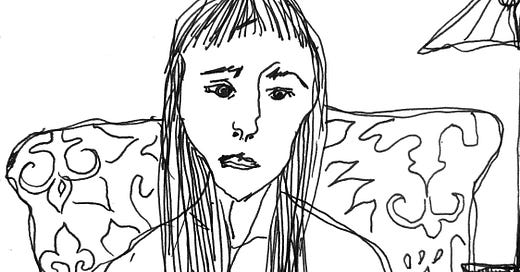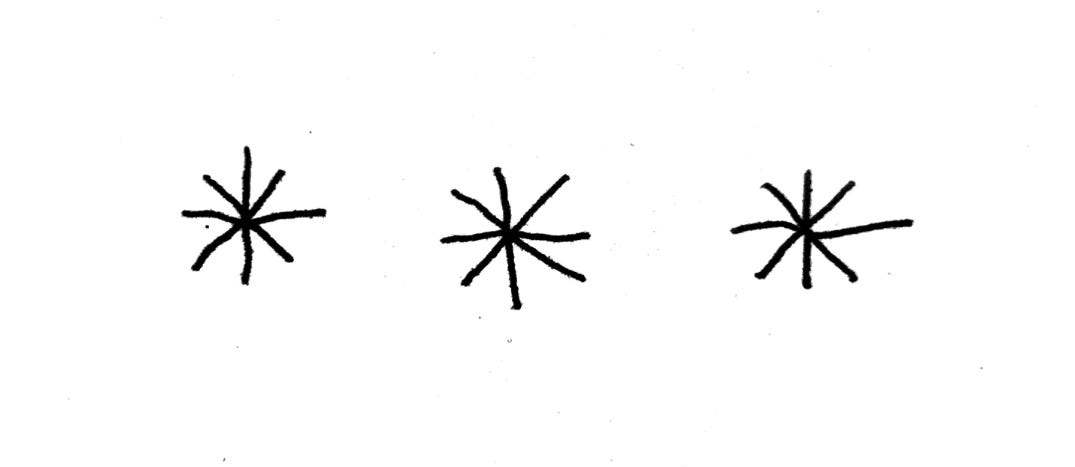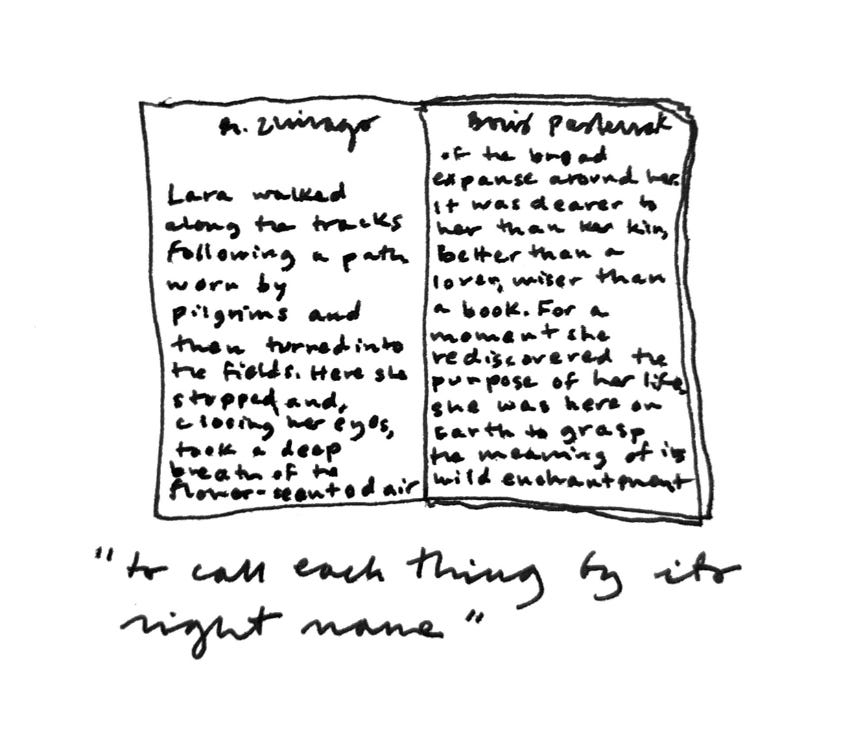I have spent much of this week like an infirm convalescent—in bed or chair, with hot-water bottle or blanket, with cookies and tea—reading Middlemarch. I thought, while calculating its heft, if I start now I’ll be done by the middle of March! But oh how it pulls you in.
The subtitle A Study of Provincial Life gives “certain directions for reading,” as the literary critic David Daiches (my favorite Scottish Jew) writes in his lucid commentary for particularly clever sixth-formers. “We must not expect concentration on the fortunes of a single hero,” he writes. “This novel is to be concerned with a community, with inter-relationships, with individual response to social pressures and the effect of society on individual ambitions.” In other words, it is a portrait of a parochial English town in an era of upheaval, a backward glance from the 1870s at the 1830s.
Dorothea Brooke, a beauty “too unusual and striking” for pedestrian tastes, is “open, ardent, and not in the least self-admiring.” She is fervid and Puritan in her resolve, and “likely to seek martyrdom.” Though Dorothea cannot be taken as our single hero, her thread of the story (originally conceived by George Eliot as a standalone novel) is a Bildungsroman, an “education-novel.” We might expect Dorothea’s immediately recognizable zeal for wide and demanding reading—a habit which literary people in the contemporary era much admire—to be her ticket to a fuller knowledge of herself and the world. Surely her appetite for Pascal, Jeremy Taylor, and Milton is admirable.
But Daiches wants his students to ask of the text at hand “What kind of work is this? What exactly goes on here? How good is this work and why?” A set of questions not unlike Rancière’s “What did I see? Is it really what I saw? What do I think about it?”—a reading refrain in our house, for it pokes fun at something in the reader’s nature, that instinct to pronounce upon a text without the strictest evidence. You cannot answer the question “What exactly goes on here?” without material support from the text.
So when we learn that Dorothea and her sister “had both been educated, since they were about twelve years old and had lost their parents, on plans at once narrow and promiscuous” and that Dorothea is “enamoured of intensity and greatness, and rash in embracing whatever seemed to her to have those aspects,” we learn that she might not be the most careful reader. Her great folly is that she seeks a husband who is “a sort of father, and could teach you even Hebrew, if you wished it.” It is her pure and crying need for a tutor, then, which induces her to marry Casaubon—that “great bladder for dried peas to rattle in!” (Thanks for the great one-liner, Mrs. Cadwallader!)
Eliot intuits something about her audience—that often the most avid and resourceful readers are naive readers, too eager to project upon the text (or upon the world and everything in it) and thus in grave danger of misreading. As early as the subtitle (A Study of Provincial Life) George Eliot offers a clue not only the one Daiches picks up—that we’re not reading just about a heroine, but a community or way of life—but also that there is something about the way that we read that is provincial. If our reading is governed by our own inclinations, she has already thought of what these inclinations would be, and, like a gentle but firm teacher, leads us—imperceptibly, affectionately—not to follow our impulses but pay better attention to what there is in front of our noses, to look and to listen. The authorial comment clears our vision, upsets our certainties, posits a generally more compassionate and complicated view toward any one character than readers are disposed to see. She is trying to help us become better readers of her own work.
A more recent example of misguided reading: the Sean Penn-directed film Into the Wild and the Jon Krakauer bestseller it’s based on. Here is the true story of Chris McCandless, the “aesthetic voyager” who after college forsook a comfortable upper-middle-class life—burnt his social security card, donated his savings to Oxfam—to leather-tramp his way across the USA, to rechristen himself Alexander Supertramp, to “go North.” To the horror of his friends and family, he died of starvation two years later in the Alaska interior.
His story has enthralled young people for the last twenty years. In the book and the film Chris is undeniably compelling, but like Dorothea he is fervent, zealous, idealistic, myopic.
Chris was “a latter-day adherent of Henry David Thoreau” who “took as gospel the essay ‘On the Duty of Civil Disobedience,’” according to Krakauer. He read and reread Jack London’s The Call of the Wild and White Fang. “He was so enthralled by these tales, however, that he seemed to forget they were works of fiction, constructions of the imagination that had more to do with London’s romantic sensibilities than with the actualities of life in the subarctic wilderness.” His literal reading of fiction inspires the deadly mission, so it is darkly ironic when young idealists try to replicate his journey—trying to get to his camp in the Alaskan wilderness, two hikers died and fifteen required a rescue. Didn’t they read the book?
But near the end he becomes a better reader. In the wild, in the cold, out of rice, Chris starts having a transformation. Out of desperation, he starts reading the books more closely, more carefully. He discovers something better than the fantasy of renaming, rebranding, reinventing himself. Thanks to Pasternak’s Dr. Zhivago he discovers the power of calling things by their right names, which to my mind is another way of learning to pay close attention, and a more mature way of looking at the world.
No matter how misguided, these avid but naive readers must be viewed with affection. As a Danish tourist with a penchant for hotdogs Chris bumps into while illegally rafting down the Rio Grande (a fictional character in the movie) says fondly of his nudist girlfriend, who makes many mistakes in language, “She’s a little stupid but I like her.”






